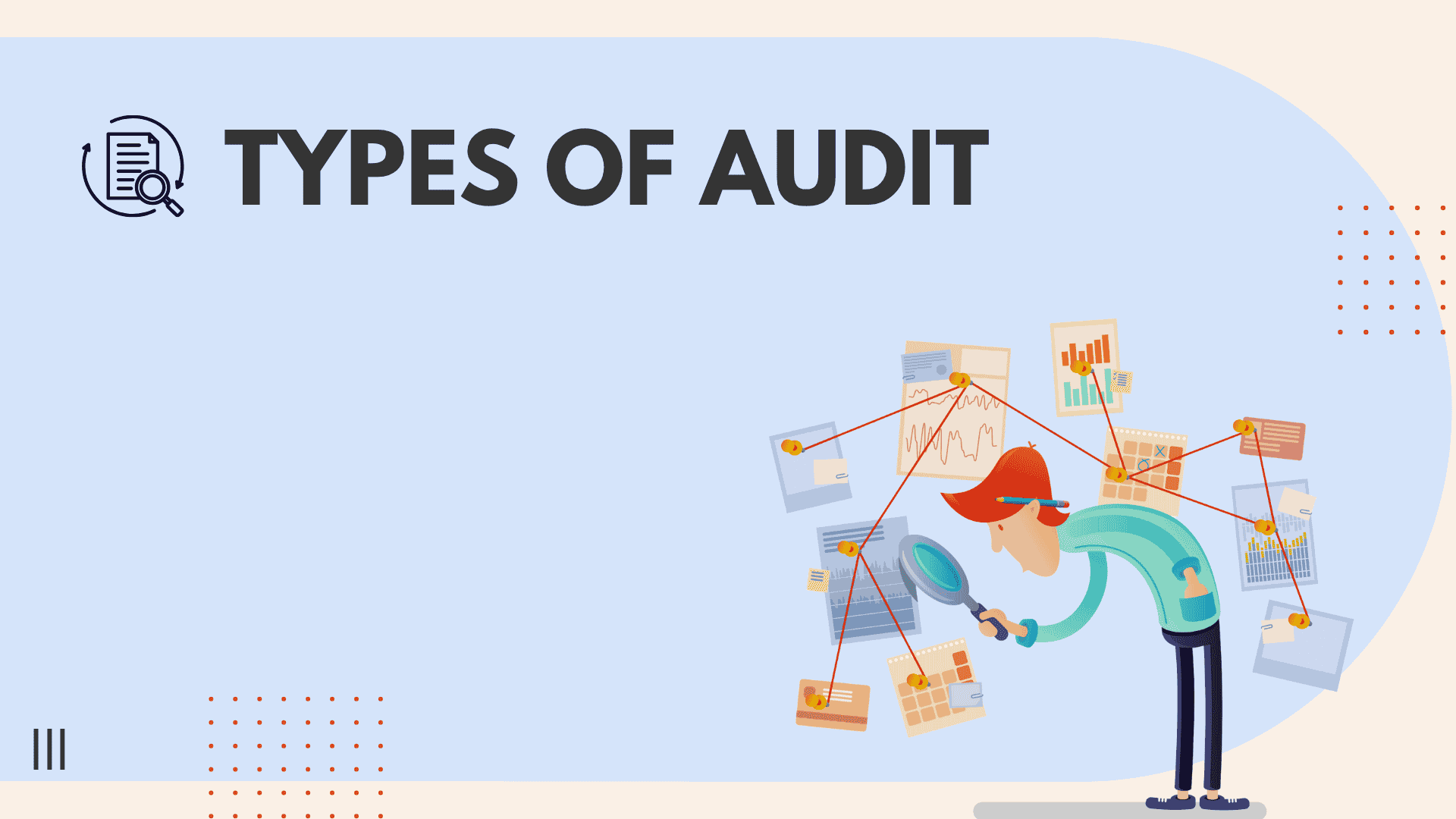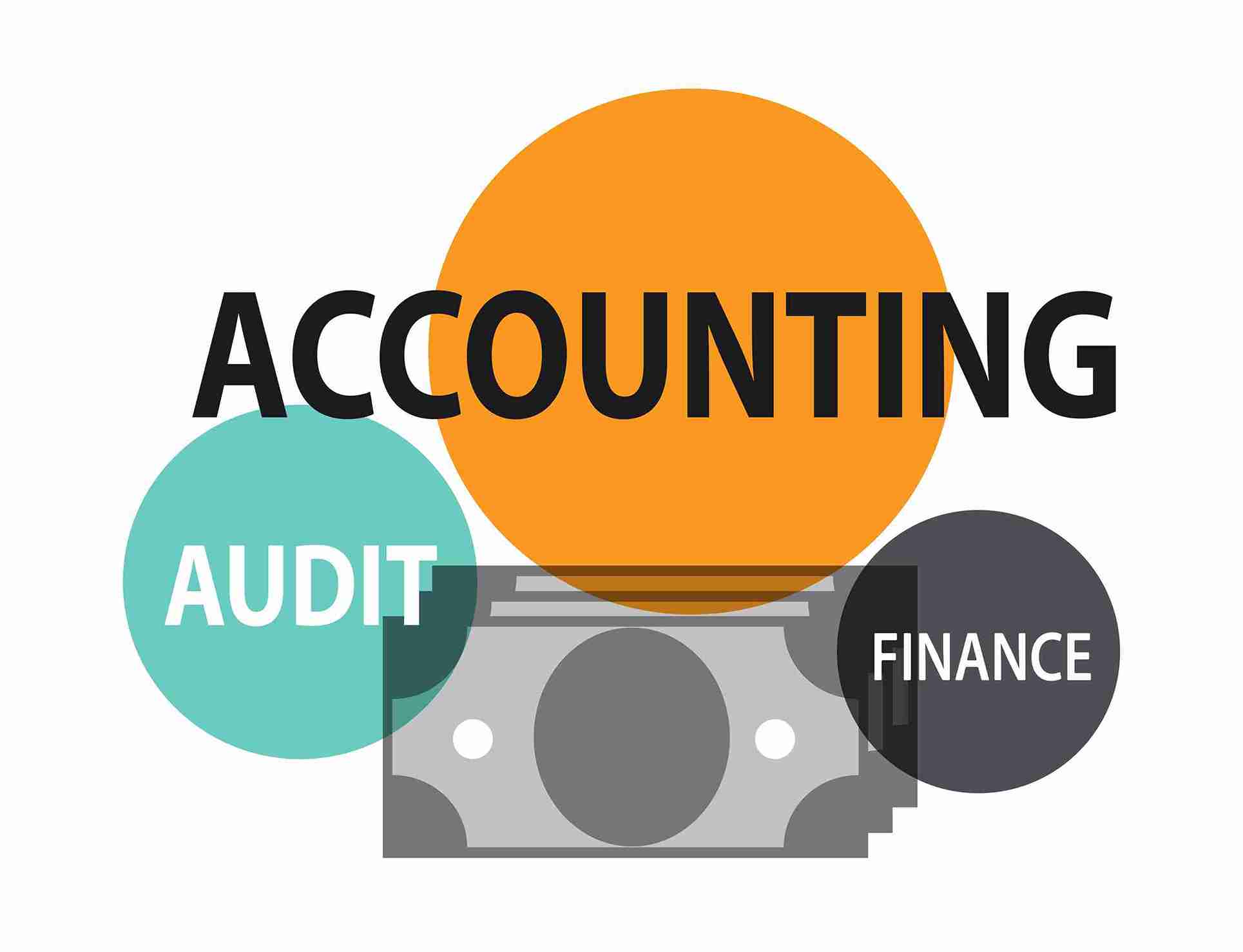What Is Audit?
An audit refers to a formal examination and evaluation of financial records, business operations or information systems to verify their accuracy, compliance and integrity. It is usually conducted by trained professionals, either internal or external, depending on the purpose. The primary aim of an audit is to confirm that all records and data maintained by an organisation represent the actual position of its financial or operational status.
Originally rooted in the practice of listening to financial accounts, modern auditing now spans beyond finance to assess operational procedures, legal compliance and data security. It helps in building transparency and ensuring that businesses follow ethical standards while managing internal and external expectations efficiently.
Objective Of An Audit
The objective of an audit is not just to identify errors but to verify that an organisation’s financial statements and internal operations are fair, consistent and free from significant misrepresentation. It is designed to protect the interests of shareholders, clients, employees and regulators.
For instance, it checks if revenue is recorded properly, if expenses are legitimate and if financial decisions align with accounting principles. Additionally, audits aim to uncover areas that need improvement, making business operations more efficient and reducing unnecessary risks. It is a guiding tool for transparent and accountable functioning.
Importance Of Auditing
Auditing plays a crucial role in maintaining an organisation’s financial and operational health. Companies that undergo regular audits tend to earn greater trust from stakeholders and avoid compliance issues. When a company is audited, it is not just its numbers being checked but also the quality of its internal processes.
Audits offer early detection of possible mistakes, identify fraud-prone areas and ensure that laws and financial rules are being followed. In simple terms, an audit acts as a quality check, helping an organisation operate more honestly and effectively. This contributes to better decision-making, improved investor confidence and long-term business stability.
Types Of Audit
Different types of audits address various aspects of an organisation. Each type is conducted with a unique objective depending on its scope and function. Here are some of the major types:
1. Statutory Audit: This is a legally required examination of a company’s financial records. It confirms that the organisation’s books comply with government rules and accounting standards. Statutory audits offer a true and fair view of a business’s financial performance and are essential for maintaining regulatory compliance.
2. Internal Audit: Internal audits are performed by in-house auditors to assess how well internal systems are functioning. These audits help identify inefficiencies in daily operations, ensure that controls are working and assist in preventing possible risks or fraud. They are usually more frequent and tailored to improve overall functioning.
3. External Audit: External audits are carried out by third-party professionals to provide unbiased and independent feedback on financial statements. These auditors do not belong to the company and are hired to ensure transparency. Their reports often influence investor decisions and are considered trustworthy.
4. Tax Audit: This audit is necessary when an organisation crosses a certain income threshold under tax law. A tax audit checks whether the business has accurately filed taxes and adhered to tax rules. It also helps avoid legal penalties by ensuring tax compliance.
5. Cost Audit: A cost audit examines a company’s cost structure to determine if money is being used efficiently. It evaluates the cost of manufacturing or operations and ensures that expenditures align with business objectives. This audit is helpful for controlling waste and improving margins.
6. Information System Audit: This audit reviews the organisation’s IT systems, focusing on data integrity, security protocols and software effectiveness. It checks whether data handling processes are secure and whether any loopholes might expose the system to hacking or data loss. It is vital for businesses that rely heavily on digital tools.
7. Operational Audit: Operational audits assess how well the daily business operations are running. It identifies areas where processes can be improved or resources optimised. The purpose is to enhance productivity without increasing cost.
8. Forensic Audit: A forensic audit investigates fraud or financial disputes. It involves collecting evidence that may be used in legal cases. These audits are typically detailed and used when there’s suspicion of financial wrongdoing within an organisation.
Benefits Of Auditing
The benefits of auditing go beyond financial verification. Audits help in building a robust and disciplined work environment. When audits are conducted regularly, companies are able to correct their course early, make better forecasts and prevent small issues from turning into larger ones. Some of the major benefits include:
- Prevents Fraud And Errors: Routine audits identify discrepancies before they become serious, ensuring corrective action is taken in time.
- Increases Stakeholder Trust: Audits demonstrate that a company is transparent and accountable, encouraging investor and customer confidence.
- Improves Decision-Making: Accurate data derived from audits supports better planning and budgeting.
- Ensures Legal Compliance: Companies that are regularly audited are more likely to comply with taxation and other legal standards.
- Supports Organisational Growth: Audits offer valuable insights that lead to efficient management and cost savings.
Who Conducts An Audit?
Audits are performed by different experts based on the type. Internal audits are handled by company employees or internal teams. External audits are conducted by independent professionals from certified audit firms. Tax audits are performed by chartered accountants approved by the tax department. Forensic and IT audits may require specialists with expertise in finance or cybersecurity. The selection of the auditor depends on the purpose and depth of the audit required.
Audit as a field offers multiple job opportunities for commerce and finance professionals. With regulations becoming more strict, demand for auditing roles has grown significantly. Some common roles include:
- Internal Auditor: Examines internal records and processes
- Tax Auditor: Checks tax filings and related documentation
- Compliance Officer: Ensures rules and laws are followed
- Risk Analyst: Identifies areas of financial or procedural risk
- Forensic Auditor: Investigates fraud or legal disputes
- Audit Assistant: Supports senior auditors in data collection and report preparation
These positions are available across industries including banking, manufacturing, retail and government services.
Conclusion
Auditing is a key element of modern-day business. Whether checking financial statements or reviewing system security, audits ensure companies stay on track. Each type of audit provides insights into different aspects of business, making it a powerful tool for compliance and improvement. With the growing need for transparency, audits also build confidence among stakeholders. Understanding the purpose, types and benefits of audits helps businesses strengthen their foundation and prepare for sustainable success.
Related reads:
FAQs
Q1. What is an audit in simple words?
A- An audit is a detailed review of records or processes to check if they are accurate and follow set rules.
Q2. How many types of audit are there?
A- There are several types including statutory, internal, external, tax, cost, operational, forensic and system audits.
Q3. Why is audit important for companies?
A- It helps businesses detect mistakes, comply with laws and improve operational efficiency.
Q4. What is the objective of statutory audit?
A- It aims to ensure that financial statements are fair and comply with legal requirements.
Q5. Who can conduct an audit?
A- Audits are conducted by certified internal auditors, external professionals or industry specialists depending on the audit type.






 Facebook
Facebook Instagram
Instagram Twitter
Twitter